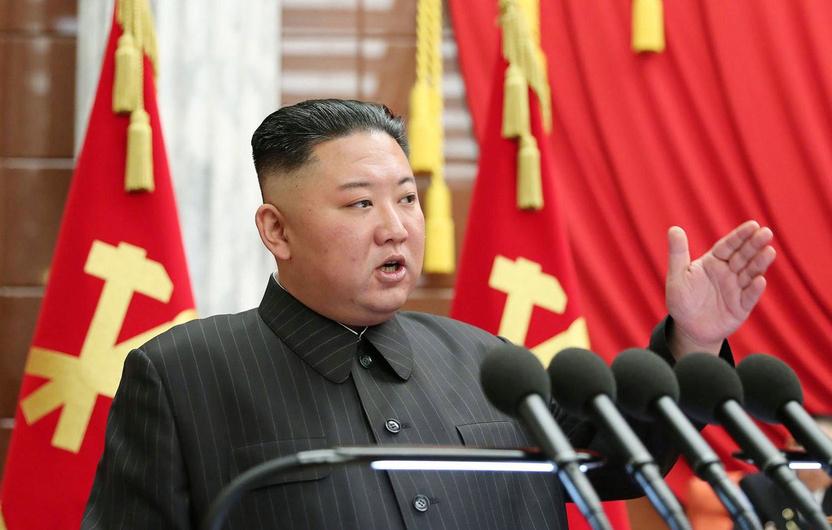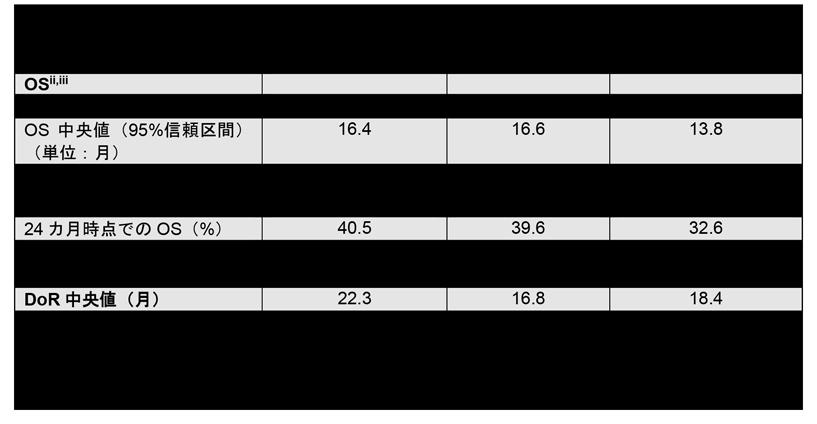From Acapulco, Mexico, the dim convention and exhibition center of Acapulco is full of hundreds of people. They heard Jose Diaz-Nabarro walk up to the podium and talk about the fears his family felt. Diaz Nablo, a public school teacher, tells the story of gangs beheading and burning bodies for seven minutes when they cut off the wrists of their brothers and brothers.
"the roads in our town are covered with the blood, bodies and heads of children, the elderly and all their families," Diaz-Nablo told the gathering. " Guerrero, where the port city of Acapulco is located, is one of the states with one of the fiercest drug wars in Mexico. So far, more than 150000 people have been killed and tens of thousands missing in the ongoing war on drugs 12 years ago.

Andries Manuel Lopez-Obrado, who will become Mexico's new president in December 2018, wants his two predecessors to adopt a very different approach from the tough approach of relying on force, committed to fundamentally different policing policies.
Lopez-O'Brado believes that he hopes to "restore peace" to the country by bringing the victims of the drug war on stage and granting amnesty to several criminals. Other measures include the legalization of cannabis and opium poppy cultivation initiatives targeting the financial structure of criminals and the expansion of education and job opportunities for young people. He also expressed his willingness to turn the Secret Service, which used to defend the president, into 20 untrained, unarmed men and women.
Diaz-Nabarro's Town Hall conference about his experience was held as part of the new regime's implementation of this strategy. The meeting, called the Listen Forums, brings together victims and policy makers to learn more about what the most pressing problems are and come up with solutions.
However, security measures experts are sceptical about the strategy of "hugging rather than bullets", which is based on love, relief and reconciliation. He criticized: "lack of consistency, lack of technical expertise, lack of grasp of the complex reality of this country."
Edgardo Buscalia, a senior researcher at Columbia University, criticized it as "just something sudden in language." "this is an impromptu political performance."

![It's hard to become "Oe"! Ultra-thin tongue cleaner with a thickness of 4 mm Newly released on July 1 [with a special case] It's hard to become "Oe"! Ultra-thin tongue cleaner with a thickness of 4 mm Newly released on July 1 [with a special case]](https://website-google-hk.oss-cn-hongkong.aliyuncs.com/drawing/article_results_9/2022/3/10/3f1e5e995c1db97dc65a7883ef5de2cd_0.jpeg)
